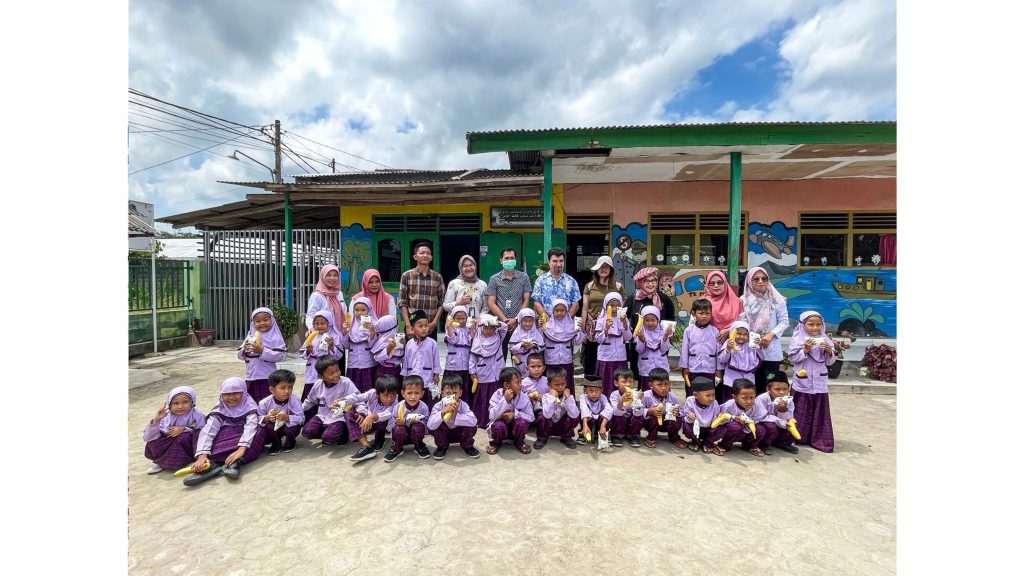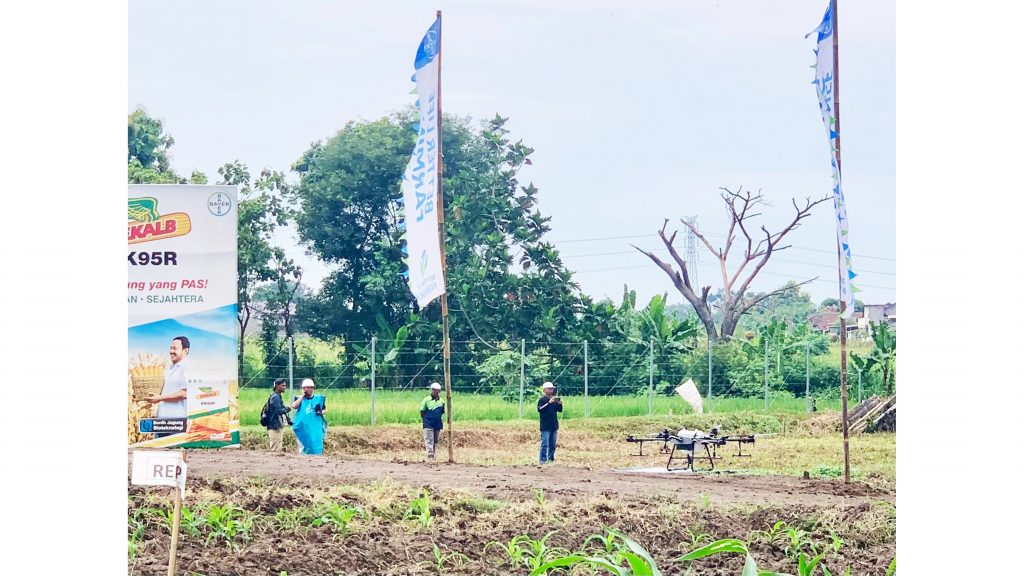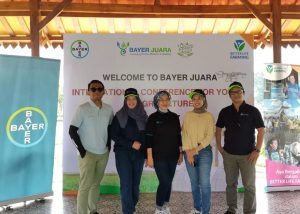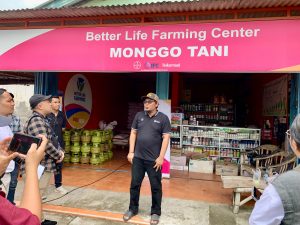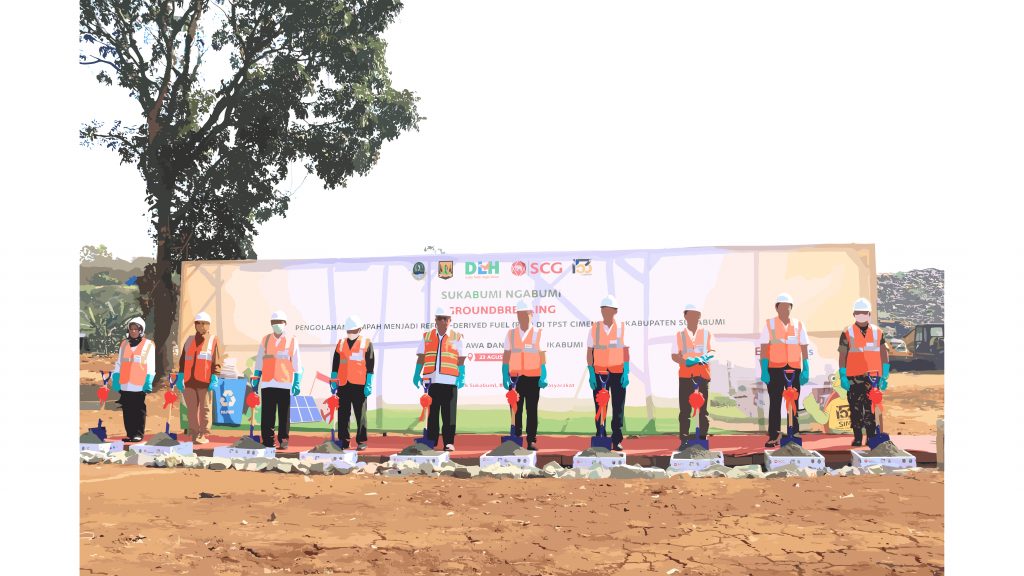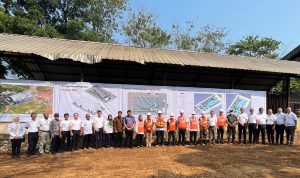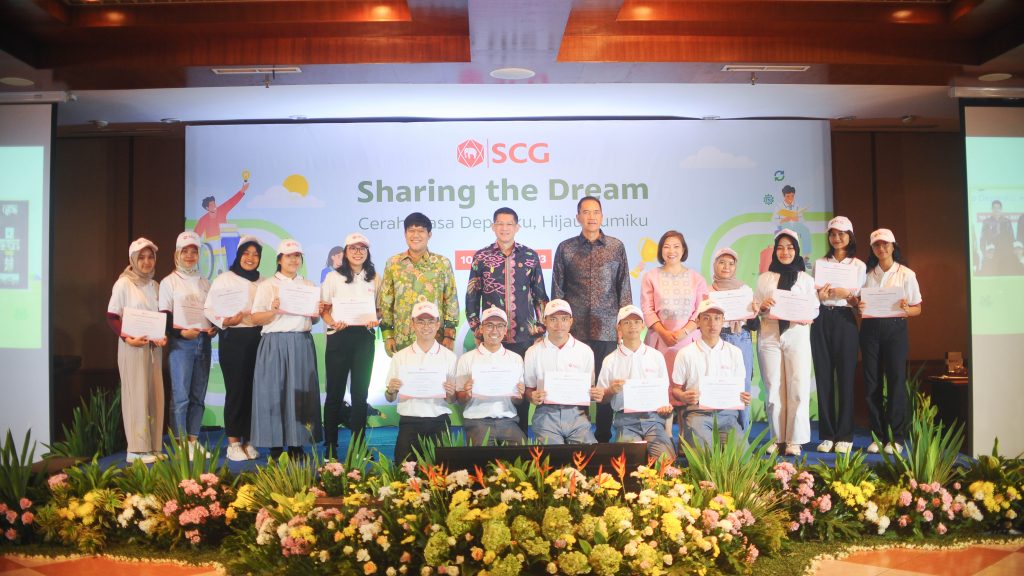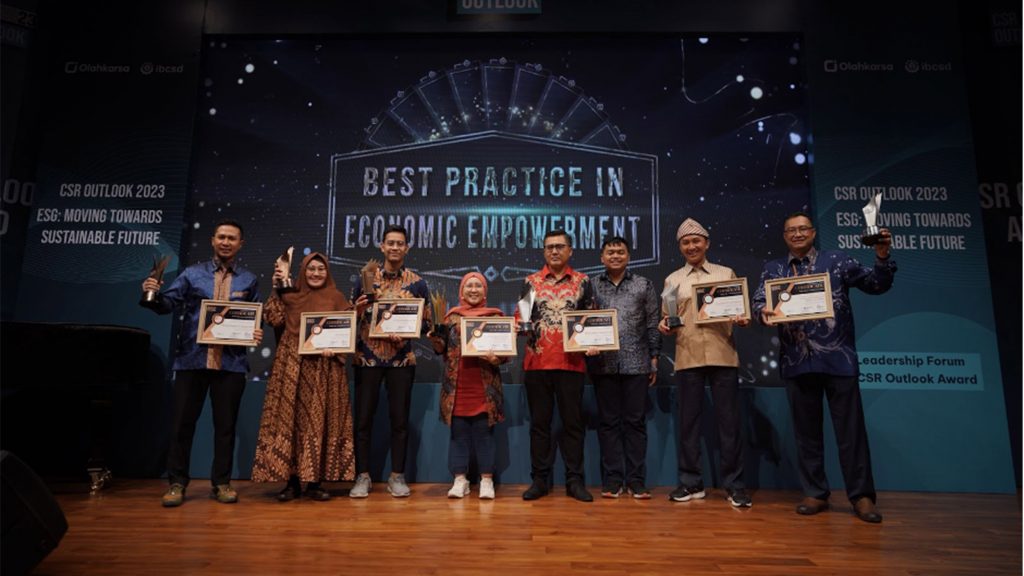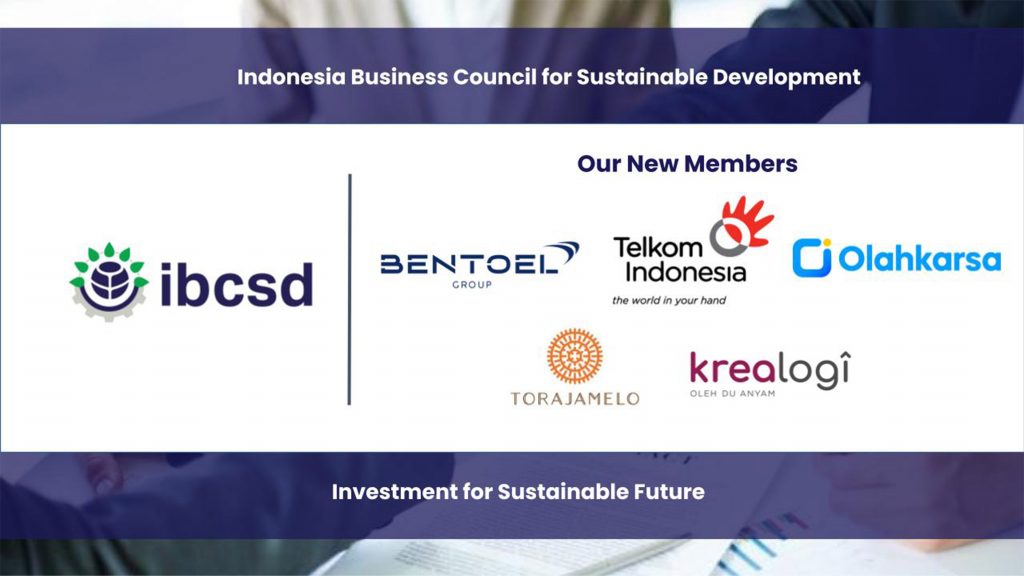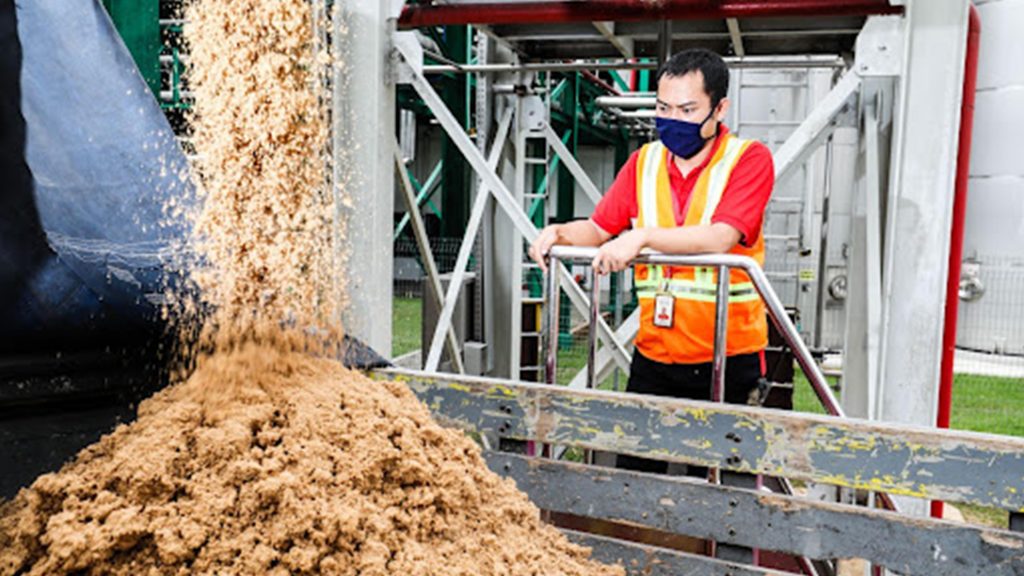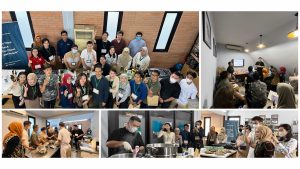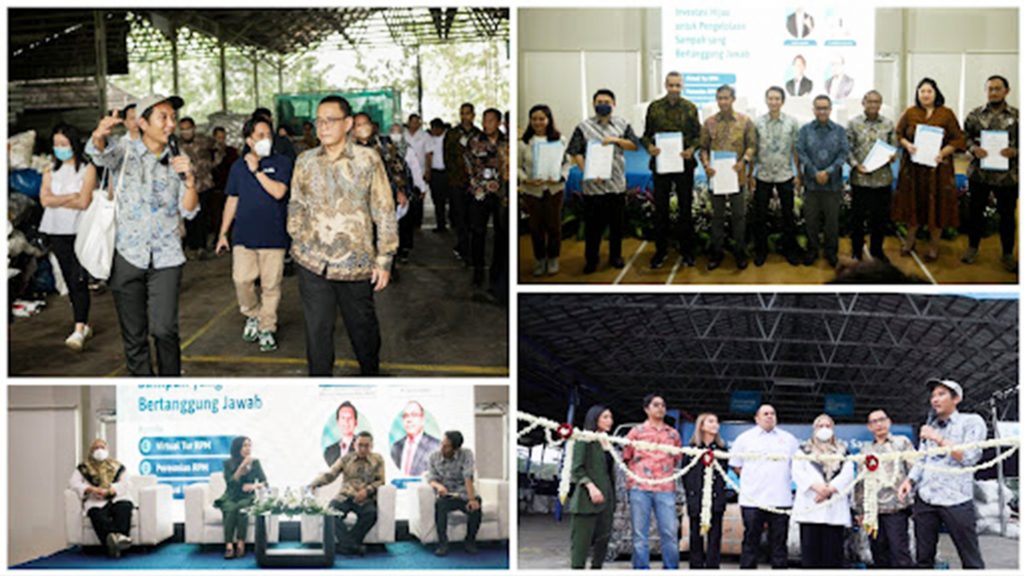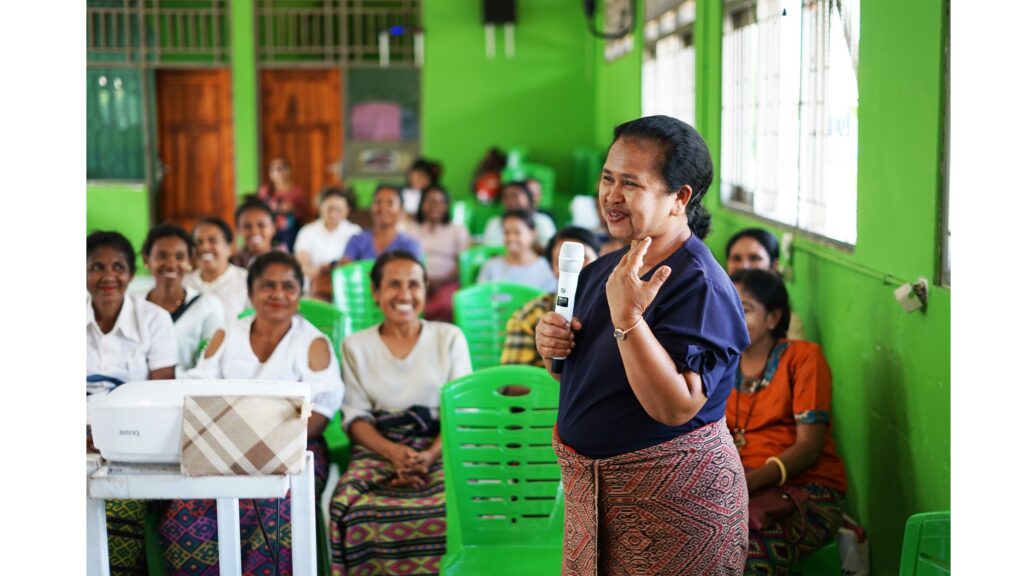
Unlocking Potential: Empowering Women Entrepreneurs in Indonesia with Krealogi
Krealogi: Empowering the Ecosystem
Amidst this landscape, Krealogi emerges as a transformative force, serving as an ecosystem enabler for the entrepreneurial environment. Prioritizing digitalization and collaboration as fundamental pillars, Krealogi extends its reach beyond urban centers to remote communities across the archipelago, driven by a deep-seated commitment to inclusive empowerment.
Krealogi recognizes the transformative power of women entrepreneurs in building a sustainable and inclusive economy. Through strategic programs and grassroots initiatives, Krealogi not only sparks innovation but also nurtures a dynamic ecosystem where every entrepreneur finds resonance, enriching communities at every level.
Impact in Action: Small and Medium Enterprises at the Center of Impact
In 2023 alone, Krealogi made significant strides in empowering entrepreneurs across Indonesia. Through nine impactful empowerment programs conducted in 10 locations, Krealogi incubated over 1700 SMEs, with a remarkable 85% of them being women. Additionally, Krealogi’s inclusive approach extended to empowering disabled entrepreneurs, with 7% of those trained belonging to this community.
These efforts not only enriched individual livelihoods but also contributed to the broader economic landscape by facilitating market access opportunities worth IDR 135 million. This enables SMEs to showcase their products and services to a wider audience, fostering economic growth and inclusivity on multiple fronts.
Empowering Women Entrepreneurs Through Targeted Programs
Krealogi champions women entrepreneurs through dedicated programs like the Aksara initiative, conducted in collaboration with the Women’s Empowerment and Child Protection Ministry.
Aksara provides comprehensive support, including skill development and resource access, for sustainable business growth, aiming to empower over 750 women entrepreneurs in 7 remote areas of Indonesia. This initiative, initiated by Krealogi, offers an alternative income source for women vulnerable to illegal migrant work.
In addition to that, Krealogi also partners with Karaja Sumba, a local brand dedicated to empowering women weavers in West Sumba. Krealogi’s incubation program supports economic empowerment while promoting sustainable practices and cultural preservation.
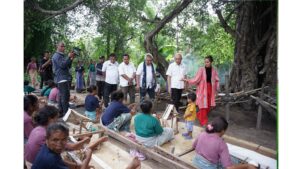
Karaja Sumba CEO Roswita Asti Kulla leads Minister Teten Masduki of Cooperatives and SMEs and staff members on a tour of a weaving village in West Sumba, East Nusa Tenggara. The tour is part of the Dialog Interaktif Menteri Koperasi dan UKM event held by the Ministry of Cooperatives and SMEs in collaboration with Krealogi to support Karaja Sumba and local entrepreneurs. (Photo credit: Cooperatives and SMEs Ministry).
This collaboration not only supports the economic empowerment of over 105 women in weaving communities but also empowers younger women to become entrepreneurs operating SMEs such as Karaja.
Through these targeted programs, Krealogi continues to champion the role of women entrepreneurs, creating pathways for Indonesian women’s success and contributing to a more inclusive and dynamic entrepreneurial ecosystem in Indonesia.
As Krealogi continues to lead the way for inclusive and sustainable entrepreneurship in Indonesia, its new tagline “Bergerak Berdaya Bersama” encapsulates its essence. Translated as “Empower Others. Grow Together,” this tagline embodies Krealogi’s mission to empower people and foster collective growth.
Let’s collaborate!
